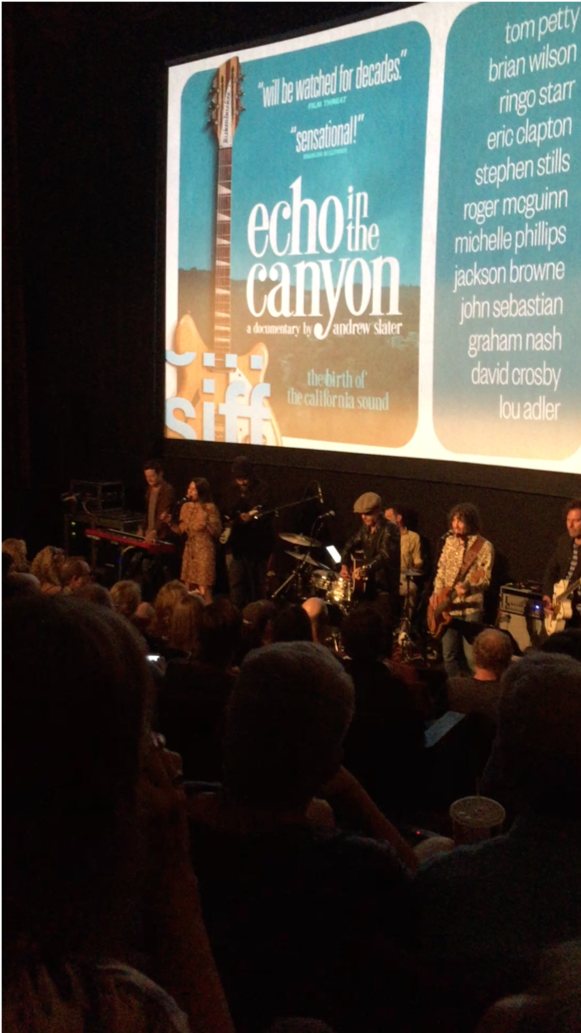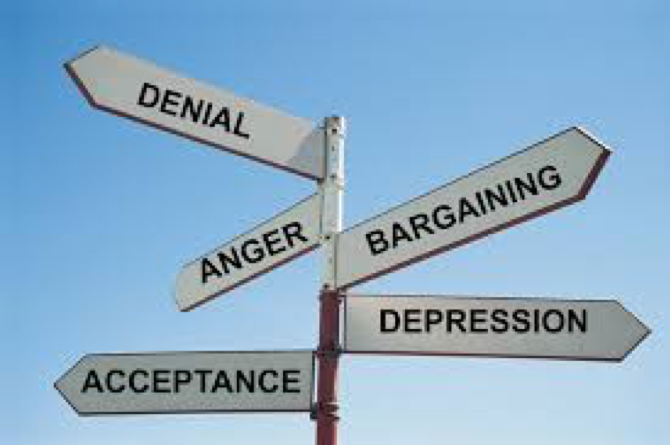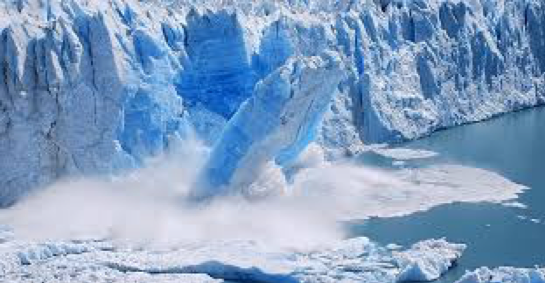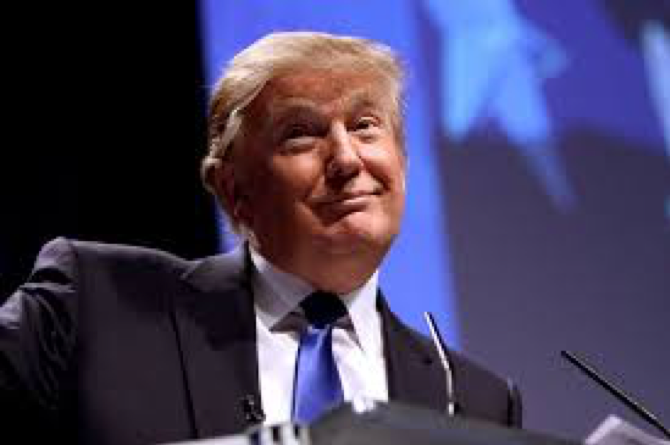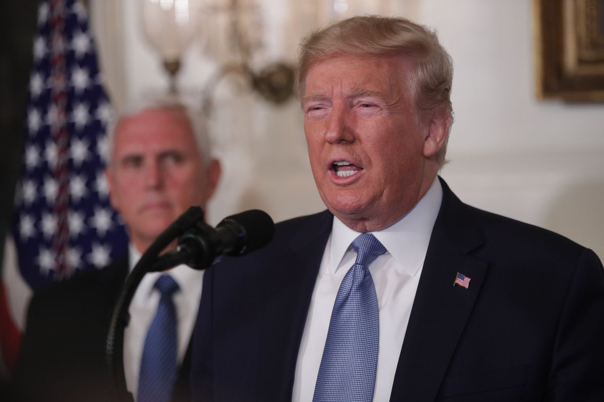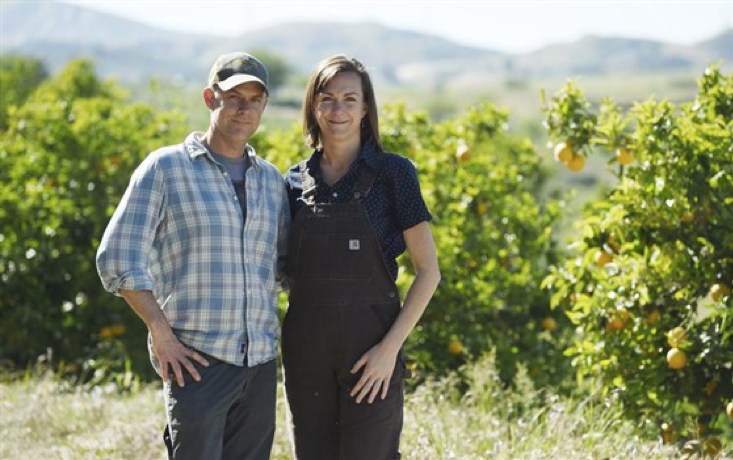
I’ve never liked the weather in Seattle. I named my blog Surviving Seattle because I struggle with it most of the year. On the other hand, summers here are hard to beat, so I was especially bummed last Saturday to wake up with rain spattered windows and dripping eaves. No morning swim, no bike ride in the afternoon, no outside table for drinks at dinner. I have my routines. So, what do we do when cabin fever closes in?
Last week we went to the movies (Biggest Little Farm) to avoid the endless feedback loop of the current news cycle. Saturday, we needed to find a way to get out of the house but avoid the rain.
We’d been looking forward to seeing the documentary Echo in the Canyon, since we first heard about it. There was something mysterious about its release. Maybe the producers didn’t get a distribution deal at the film festivals and had to do it on their own, but last month it was shown on Vashon Island and Tacoma for a couple of days, but not in Seattle. Saturday, when I checked, I was surprised to find out it was here for two days – two showings on Saturday, two more on Sunday – then gone.
Because of the abbreviated run, I decided to buy tickets online. When I clicked on “Buy Tickets” the page view showed it was a “Special Engagement.” I figured two days and gone made it special, so I pulled the trigger to make sure we could get in. $42.50 for two. Pricey. Throw in $15 for parking and it’s $57.50 for a rainy-day matinee. It grinds, but we needed to stay out of the rain. What else to do?
_____
There are two narrow twisty canyons north of Sunset Boulevard and in between “the 5” and “the 405” (as SNL’s Fred Armisen would say) in Los Angeles. North Beverly Glen and Laurel Canyon were the hippie/bohemian canyons in the 1960’s and ’70’s. They were the places young people wanted to live. Funky and cheap. Coldwater and Benedict, their expensive Beverly Hills cousins, were squeezed in between them.
Echo in the Canyon is a documentary about the folk-rock music revolution that got its fermenting juice in Laurel Canyon, between 1964 – 1967.
I lived in two different houses in Beverly Glen Canyon during that period. One I shared had a biochemistry grad student, a gay film sound tech, an ex-con heavy equipment operator and his stripper/insurance agency girlfriend. It was eclectic. Laurel Canyon was similar, but it attracted a more musical crowd. That may have been because it was closer to Capitol Records and the Hollywood recording studios, or maybe it was pure serendipity. Regardless, it was a scene.

What was revolutionary about Laurel Canyon and the movement it spawned was the marriage of literate lyric poetry, electrified instrumentation, folk influences, and upbeat time signatures. Add the British invasion and the fuse was lit.
There were the Byrds, Buffalo Springfield, the Mamas and the Papas, the Beach Boys and, across the pond, the Beatles, Cream, and Rolling Stones. Cross-pollination. The Beatles’ Hard Days Night influenced the Byrds’, Mr. Tambourine Man, influenced Cream’s Fresh Cream, begat the Beach Boys’, Pet Sounds, begat Sgt. Pepper’s Lonely Hearts Club Band, and so on. There were a lot ideas going back and forth between Laurel Canyon and SoHo.
The Echo film grew out of a Jakob Dylan album project. Jakob and Andrew Slater thought it would be interesting to revisit the beginnings of folk rock and make an album, mostly duets, featuring Jakob and a female voice doing acoustic versions of the early folk-rock songs, but when they started their research it morphed into a documentary film about the period. They stayed true to their album vision but the film allowed them to include interviews and video tape of the original groups too. The result is a smash hit for fans of the period.
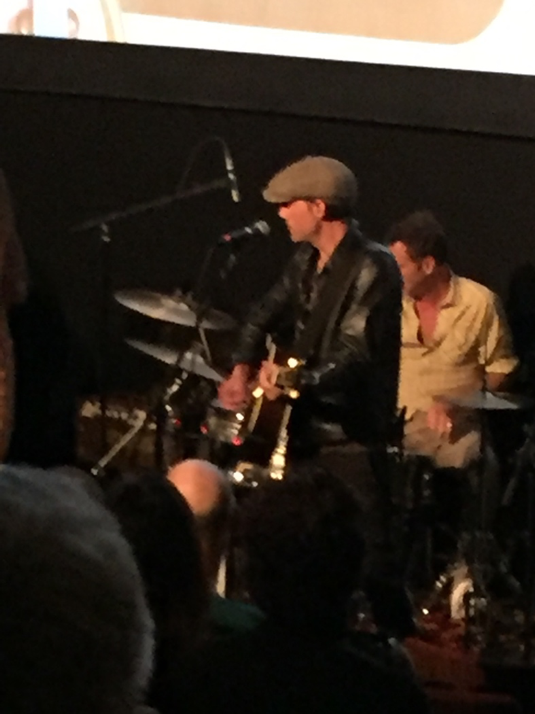
Jakob is the main character in the film – telling the story, conducting the casual interviews, and singing new versions of the songs with Fiona Apple, Jade Castrinos and a tight little band. His laconic manner, good looks, and unforced voice are just what was called for to carry off the updated story. Jakob, a singer-songwriter himself, fronts his own successful band, The Wallflowers, and is not the least bit intimidated by the legends he’s working with. There is one mention of his father, and how The Byrds’ electrified version of Tambourine Man may have been responsible for Bob’s transition to electric at the 1965 Newport Folk Festival, but Jakob is the man here.
Among those interviewed in the film are Tom Petty (his last interview), Roger McGwinn, Graham Nash, John Sebastian, David Crosby, Stephen Stills, Michelle Phillips, Brian Wilson, Jackson Browne, Neil Young, Ringo Starr, and Eric Clapton with bit parts played by Cat Power, Beck, Fiona Apple, Norah Jones, and Regina Spector. Not a bad apple in the bunch.
As it turned out, the best part of our rainy-day matinee was the “special engagement” aspect. We didn’t know that following the film’s showing there would be a Q and A with the film makers and a performance by Jakob and the Echo in the Canyon band.
The Laurel Canyon synergy was familiar to me, but I’ve always associated the canyon with Joni Mitchell, and during the Q and A I asked Andrew Slater, the director, why she wasn’t in the film. He cleared it up straight away; the film covers the period 1964-1967 and Joni didn’t move in until 1968.
When the Q and A ended, the band grabbed their instruments and we were treated to a half-hour of hits from the film. Here’s a small slice of Jakob and Jade singing The Mamas and Papas Go Where You Want to Go I was able to catch on my phone. (Be patient. It takes a while to load.) Enjoy.
Here’s a little taste of the best rainy-day matinee I’ve ever been to.
